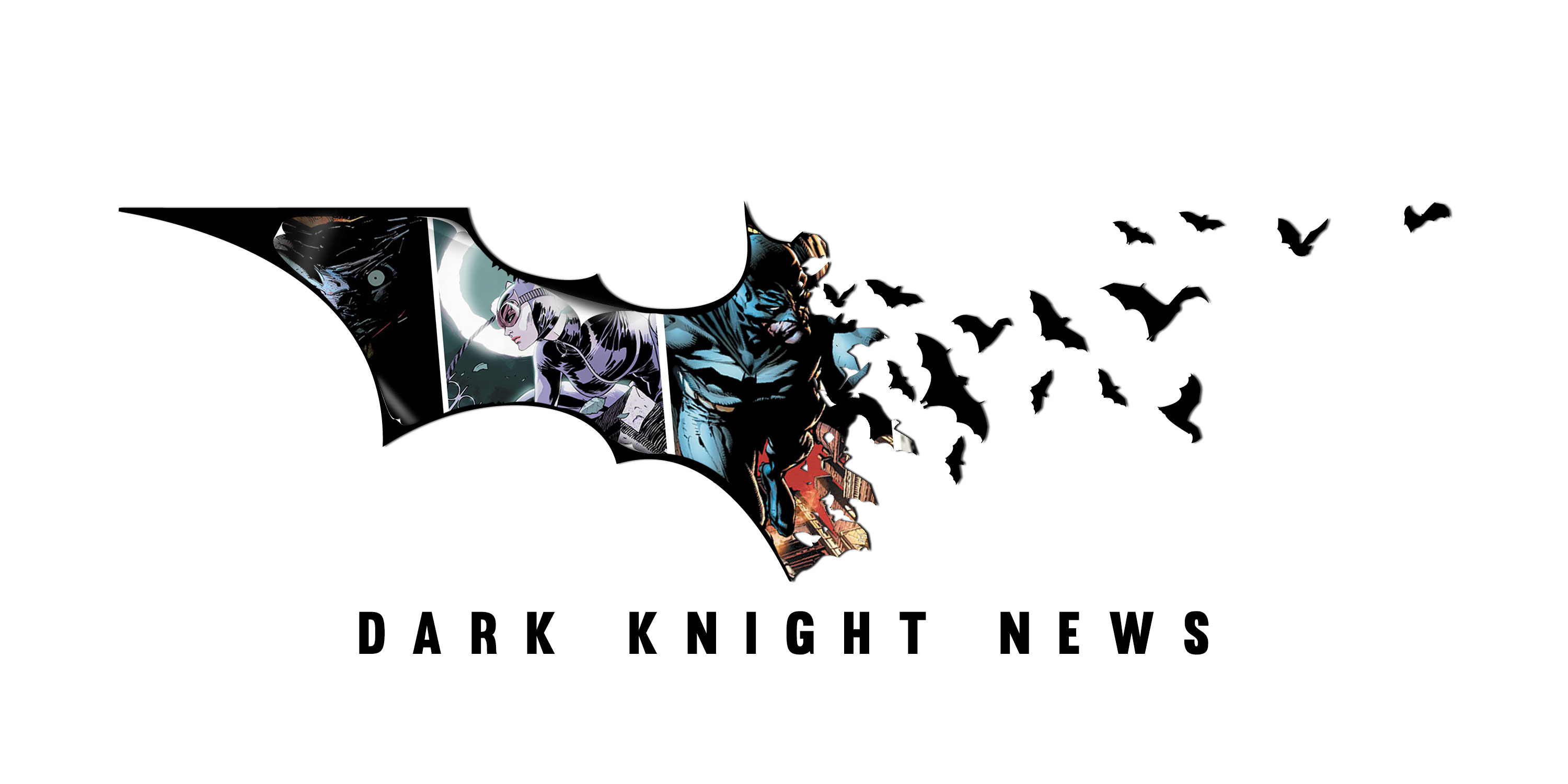Article by Sam McTernan
Last week, Batman ’89 turned 30. Tim Burton’s masterpiece paved the way for all Dark Knight movies since, but this wasn’t always the case. This is how super-fan, Michael E. Uslan, changed the future of Batman.
These days Batman movies, TV shows, games etc are a staple part of the entertainment industry, but prior to 1989, there was a very different attitude towards the Caped Crusader on the big screen. Super-fan and, the producer behind Batman, Michael E. Uslan, was a key force behind changing the perception of Batman with the viewing public.
Uslan had been a comic book fan and Dark Knight fan from a young age, he elaborated on this in a recent interview with CNN
By the time I graduated high school I had over 30,000 comic books that took up my dad’s entire garage — he never got his car in the garage, I went to the first Comic-Con ever held in history, the summer of ’64 in a fleabag hotel in New York City; I was an early member of comic book fandom as it organized. When I was 11 years old, I met Stan Lee for the first time and it was a life-changing experience.
Uslan’s passion continued into adulthood. When studying at Indiana University, he pitched the DC comic book universe as a modern day Pantheon to the Greek and Roman Gods to be taught as a course. Initially discredited by the Dean, once Uslan pointed out the parallels of Moses and Superman’s well known origins, his course was accredited and he became the first college professor of comic books. The course became increasingly popular and Uslan received support from the likes of Stan Lee and DC president Sol Harrison.

Uslan was soon writing comic books, a dream held since he was 8 years old. Having accomplished his dream, he quickly progressed to another: To rectify the damage done to his beloved Batman by the 1966 series, where the Caped Crusader is portrayed by Adam West.
As a hardcore fanboy who really knew the whole history of Batman, this was not the true Batman. This was not the creature of the night stalking disturbed criminals in the shadows. I realized they were making fun of Batman. It was being done as a comedy, and the world was laughing at Batman. I made a vow, like Bruce Wayne once made a vow: ‘Somehow, someday I will show the world the true Batman and attempt to eliminate from the collective consciousness of the world culture these new words, ‘Pow! Zap! and Wham!’
I was turned down by every studio and every mini-major, they told me basically it was the worst idea they ever heard, that I was crazy. You can’t do serious comic book movies. You can’t do dark superheroes. You can’t make a movie out of an old television series. It’s never been done.
What it did was it convinced both Hollywood and the general public that comic books were maturing and growing up and were no longer just for little kids, that change in perception was critically important to this movie getting up, and then an atmosphere of acceptance for it.
He had the vision, He knew how to do the world’s first revolutionary, dark, serious comic book superhero movie. He said to me, “This movie, if we’re going to do it this way and not get unintentional laughs from the audience, is not about Batman. It’s got to be about Bruce Wayne. We have to show a Bruce Wayne so obsessed and driven to the point of being psychotic that audiences will go, oh yeah, that’s a guy who would get dressed up as a bat and go out and do that.” It was critical to the whole suspension of disbelief. Then he said “Gotham City has to be the third most important character of this movie, from the opening frames of the movie, we have to convince audiences that Gotham City is real, because that’s the only way they’ll accept a guy like Batman and the Joker seriously.” He was absolutely right about it.
With Batman in particular, it’s about story, story, story and character, character, character. It’s not about blowing stuff up and showing off special effects. It’s about his humanity… it’s important to always respect the character, who’s now celebrating his 80th Anniversary.



